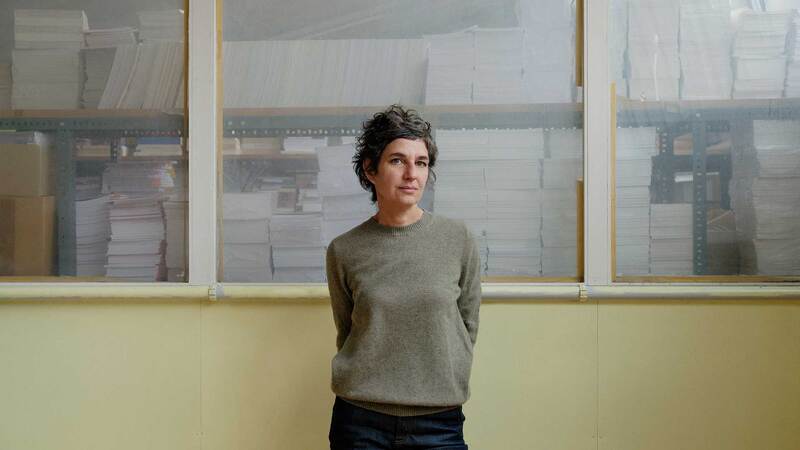You are viewing your 1 free article this month. Login to read more articles.
French book trade reports 20% sales surge in 2021
The coronavirus pandemic may continue to cloud people’s lives, but it has generated a silver lining for the French book business.
Sales by the 405 members of the observatory of the French Booksellers Association (Syndicat de la Librairie Française, SLF) rose by 20.4% in 2021 compared to 2020, and by 24.3% compared to 2019. Observatory outlets represent more than half of all the approximately 3,000 independent booksellers’ sales in France, according to Anne Martell, SLF president and co-director at the Martelle family bookshop in the northern city of Amiens.
December sales in 2021 were 14.6% down on a year earlier, but 21% up against December 2019. They were abnormally high at the end of 2020 after the second Covid-19 lockdown when there was “an explosion” of demand, said Martell.
The French Publishers Association (Syndicat National de l’Edition, SNE) does not have final figures for 2021 yet, but director Pierre Dutilleul says that publishers’ sales for December were down in 2021 from 2020, and were about the same in 2019. Full-year sales show a much brighter picture. “In 2021, they rose by some 20% from 2020 and 18% to 19% from 2019,” he told The Bookseller. “We have never seen such a huge increase since the beginning of the century.” Since the year 2000, sales had either been flat or dropped slightly, with 2020's confirmed figures down 2.3% on the previous year at €2.7bn.
In the past year, comic books, manga, childrens books and adult fiction and non-fiction have been strong performers. “Adult book sales probably increased by 10% year on year,” Dutilleul added.
The two top Christmas bestsellers for bookstores came as no surprise—the 2021 Goncourt prize-winner, La Plus Secrète Mémoire des Hommes (The Most Secret Memory of Men) by Mohamed Mbougar Sarr, and Astérix et le Griffon, the 39th and latest in the Astérix series.
A big development is the revival of French people’s enthusiasm for reading and books as objects after the two lockdowns lasting nearly four months in 2020. “This has been a revelation, and is continuing,” said Martell. “Customers’ pleasure in looking at and touching books is still more intense than it was before the pandemic began. I never expected this to happen.”
Less positive is the sheer number of books to be published in France in January and February. They include 545 novels and come on top of the 521 novels released between August and October, according to Livres Hebdo. Some titles have been delayed by Covid, but “publishing more than 1,000 in seven months is total folly,” said Martell. “Booksellers can never absorb so many. Apart from that, I wonder whether some were worth publishing in the first place.”
Dutilleul sees the problem in a different light. Apart from Covid delays, he notes that 70% of publishing houses in France were founded in the past 30 years. “This creates editorial diversity. Why would or should they be prevented from publishing? They are taking the financial risk, and in any case no one knows how many books will be published at any one time until they are announced prior to distribution.”
Moreover, French publishers now have a greater choice of manuscripts than ever. “They have never received as many as they did in 2020 and 2021,” Dutilleul said. And that is quite apart from the sharp increase in self-publishing. “The French love to write,” he added.
As for 2022, it is difficult to predict whether growth will be on the same scale as it has been this year. “It is very difficult for publishers to set their budgets, and I think they will be cautious. We can’t expect the same outstanding results every year,” he said.
Latest studies show that the overall number of readers in France has declined, but that new ones are continuing to join their ranks. The government’s Culture Pass for 18-year-olds, worth €300, has been spent mainly on books, according to Dutilleul.
The pass is now being extended, with different spending limits, to 15–17-year-olds, and can be used for concerts, theatre, cinema, video games or any other cultural products as long as they are bought in shops and not online. “The pass has been a specular success,” Dutilleul added. “There are about 800,000 18-year-olds in France, which means that hundreds of thousands have possibly entered bookshops for the first time in their lives.”


















